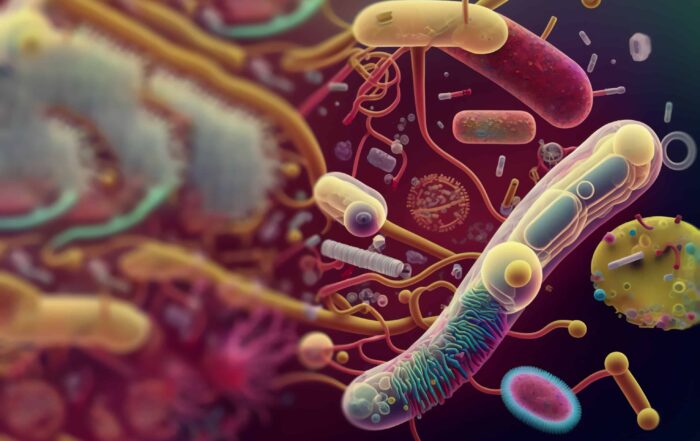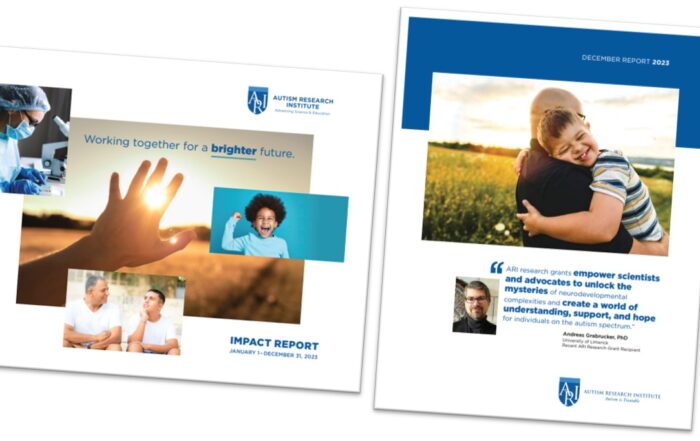Children diagnosed with autism spectrum disorders (ASD) very early in childhood are likely to do significantly better than those diagnosed later, according to a new study from Israel.
In their research, Nitzan Gabbay-Dizdar and colleagues measured changes in core symptoms over a one- to two-year period in 131 children diagnosed with ASD. The children in the study had received an ASD diagnosis when they were between 1.2 and 5 years of age.

The researchers used the Autism Diagnostic Observation Schedule (ADOS) Calibrated Severity Scores (CSS) to measure changes in the children. They report that approximately 65 percent of children diagnosed before 2.5 years of age exhibited improvements in their scores, compared to only 23 percent of children diagnosed after this age. Girls and boys appeared to benefit similarly from early diagnosis.
To ensure that their results were not due to differences in ASD severity at the time of diagnosis, the researchers analyzed a subset of 36 children from each group who were matched for sex and severity scores at diagnosis. The results of this analysis were similar to the results seen for the group as a whole.
The researchers comment, “We suggest that greater brain plasticity and behavioral flexibility enable younger children to benefit more from autism spectrum disorder interventions even in community settings with heterogeneous services. This motivates further prioritization of early autism spectrum disorder screening as recommended by American Academy of Pediatrics guidelines.”
—
“Early diagnosis of autism in the community is associated with marked improvement in social symptoms within 1-2 years,” Nitzan Gabbay-Dizdar, Michal Ilan, Gal Meiri, Michal Faroy, Analya Michaelovski, Hagit Flusser, Idan Menashe, Judah Koller, Ditza A. Zachor, and Ilan Dinstein, Autism, August 2022 (free online). Address: Ilan Dinstein, Psychology Department, Ben-Gurion University of the Negev, Beer-Sheva, 84105, Israel, [email protected].
This article originally appeared in Autism Research Review International, Vol. 36, No. 3, 2022
Editorial – Fecal Microbiota Transplantation and Autism
Over the past several years, Fecal Microbiota Transplantation (FMT) has become the subject of growing interest in the autism community due, at least in part, to the increased awareness of the gut-brain
ARI’s Latest Accomplishments
Connecting investigators, professionals, parents, and autistic people worldwide is essential for effective advocacy. Throughout 2023, we continued our work offering focus on education while funding and support research on genetics, neurology, co-occurring medical
Biomarkers start telling us a story: Autism pathophysiology revisited
Antonio Persico, MD, a recent ARI Research Grant recipient, explores the role of biomarkers in understanding autism pathophysiology. He discusses the complexity inherent to neurodevelopmental conditions and emphasizes the need to combine




